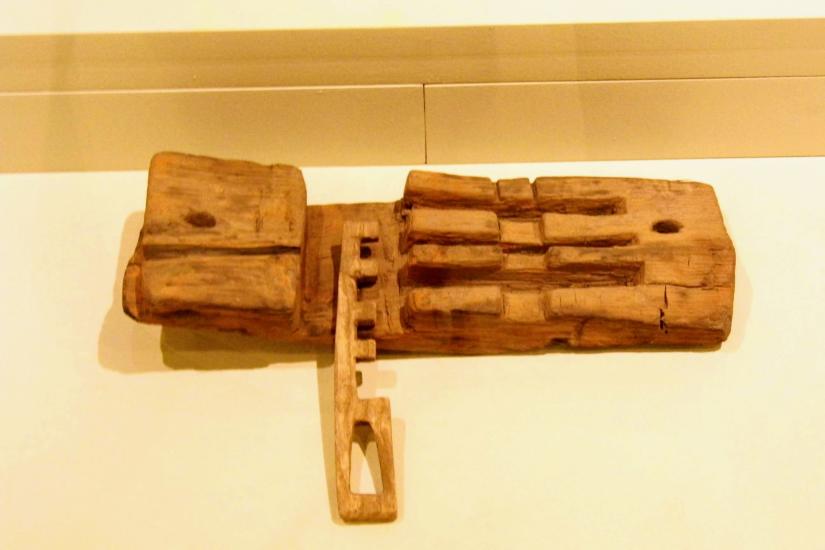
Theft is probably one of the most annoying aspects of social life. It is by no means the most dramatic one, but it is one of those things you constantly have in mind. In most Slavic languages, a thief (‘złodziej’ in Polish, ‘злодій’ in Ukrainian, ‘zloděj’ in Czech) literally means an evildoer, as it was this kind of wrongdoing that almost everybody had to deal with. But while theft likely existed in all human societies, it changed over time: how much the thieves stole, what they stole, who stole and from whom, and how people protected themselves - all of these evolved over time. In short, theft has its history and can be a subject of historical research. Late Antiquity is a good period to study it because, in this era, thieves become more visible than before. This paper, examining documentary and literary evidence, will seek to answer questions about how people dealt with theft, attempted to apprehend thieves and recover goods, and, most importantly, what impact theft and the methods of dealing with it had on communities and individuals.
Robert Wiśniewski is a professor of ancient history at the University of Warsaw where he heads the Centre for Research on Ancient Civilizations (CRAC). He is interested in the religious and social history of Late Antiquity and the early Middle Ages, particularly the cult of saints and relics, clergy, demonology, divination, and theft. He was a visiting fellow at the universities of Oxford, Princeton, Reading, CEU, École Pratique des Hautes Études and École Pratique des Sciences Sociales (Paris). His recent publications include The Beginnings of The Cult of Relics (Oxford 2019) and Christian Divination in Late Antiquity (Amsterdam 2021).